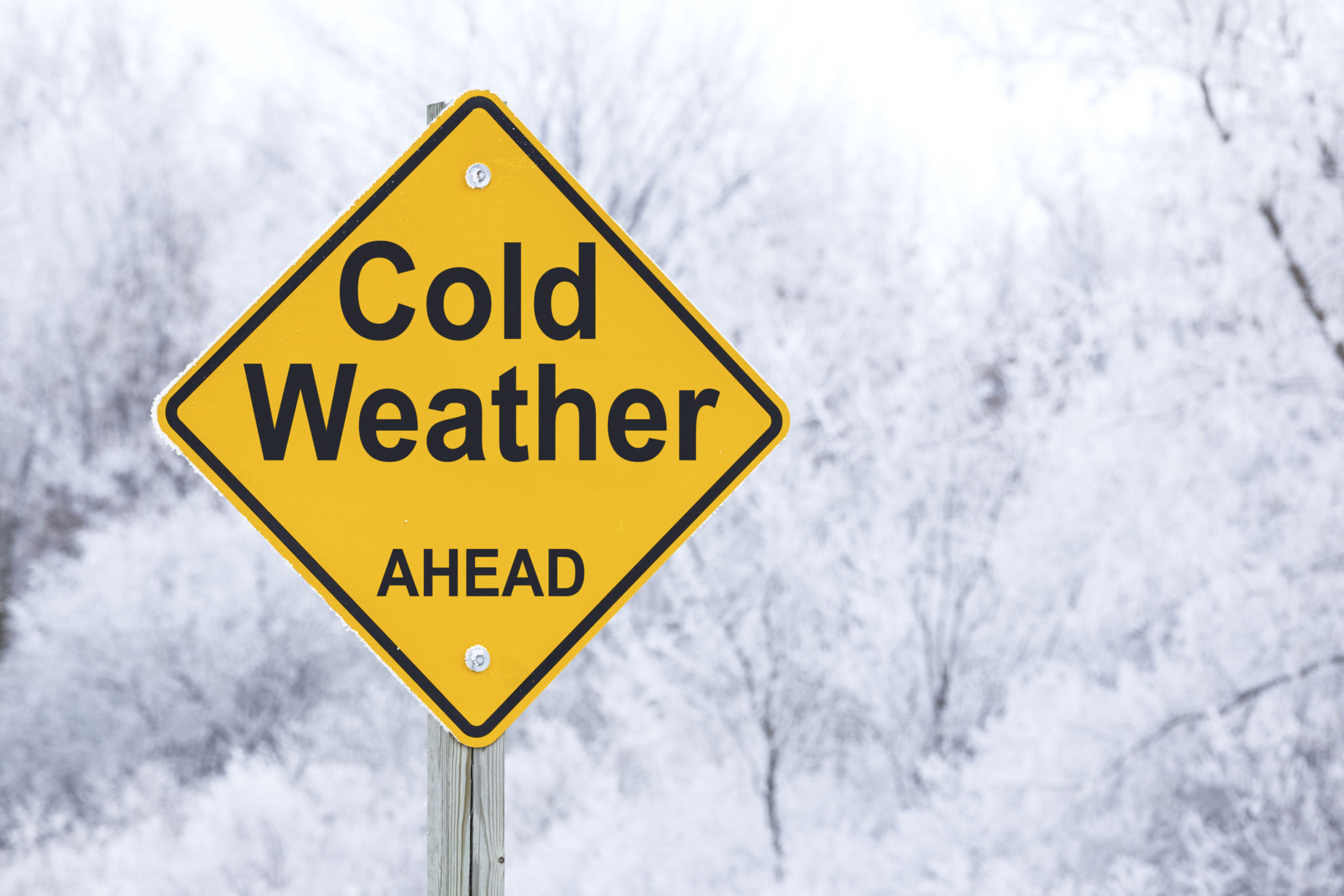How to Prepare Your Commercial Property for Hurricane Season in Palm Harbor
AG
Understanding the Risks
As a commercial property owner in Palm Harbor, preparing for hurricane season is essential. The region's susceptibility to tropical storms and hurricanes means that taking proactive measures can significantly minimize damage and ensure business continuity. Understanding the specific risks that hurricanes pose to your property is the first step in effective preparation.
Hurricanes can cause significant structural damage, flooding, and power outages. Being located near the coast, Palm Harbor properties are particularly vulnerable to high winds and storm surges. Knowing these risks allows you to develop a comprehensive preparation strategy.

Conducting a Property Assessment
Before hurricane season begins, conduct a thorough assessment of your commercial property. Look for areas that might be vulnerable during a storm, such as windows, doors, and roofs. Consider hiring a professional inspector to identify potential weak spots you might overlook.
Once you've completed the assessment, prioritize repairs and upgrades. Reinforcing windows with storm shutters, securing loose roof tiles, and ensuring that doors are robust enough to withstand high winds are crucial steps to safeguard your property.
Creating a Hurricane Preparedness Plan
A well-thought-out preparedness plan is vital for protecting both your property and employees. Begin by establishing a communication protocol to keep everyone informed before, during, and after a storm. Designate roles and responsibilities to ensure all necessary tasks are covered efficiently.
Your plan should also include an evacuation procedure if necessary. Ensure that all employees are familiar with the plan and conduct regular drills to reinforce the procedures. Having a plan in place can help mitigate panic and confusion during an actual event.

Securing Outdoor Areas
Outdoor spaces can become hazardous during a hurricane. Secure all outdoor furniture, signage, and equipment to prevent them from becoming projectiles. If possible, bring smaller items indoors and anchor larger items securely.
Additionally, trim trees and shrubs around your property to reduce the risk of branches falling during high winds. Keeping these areas clear can prevent damage to structures and reduce cleanup efforts post-storm.
Reviewing Insurance Coverage
Ensure your insurance policy covers hurricane-related damages. Review your current policy with your insurance provider to understand the extent of your coverage and make adjustments if necessary. Consider additional coverage for flooding, as standard policies often exclude this type of damage.
Having adequate insurance not only protects your investment but also provides peace of mind that you can recover financially from any potential losses.

Stocking Emergency Supplies
An essential part of hurricane preparedness is having an emergency supply kit ready. Stock up on essentials such as non-perishable food, water, flashlights, batteries, and first-aid supplies. Ensure you have enough supplies to last at least 72 hours for all employees who may need to remain on-site.
Additionally, keep important documents and records in a waterproof container. This will help protect vital information from water damage and facilitate quicker recovery operations after the storm.
Maintaining Open Communication
During hurricane season, staying informed about weather updates is critical. Utilize weather apps, local news channels, and government alerts to stay updated on storm paths and severity. Communicate regularly with employees to keep them informed about their responsibilities and any changes in the situation.
Maintaining open communication ensures everyone involved in your business is prepared and aware of what actions need to be taken at any given time.

